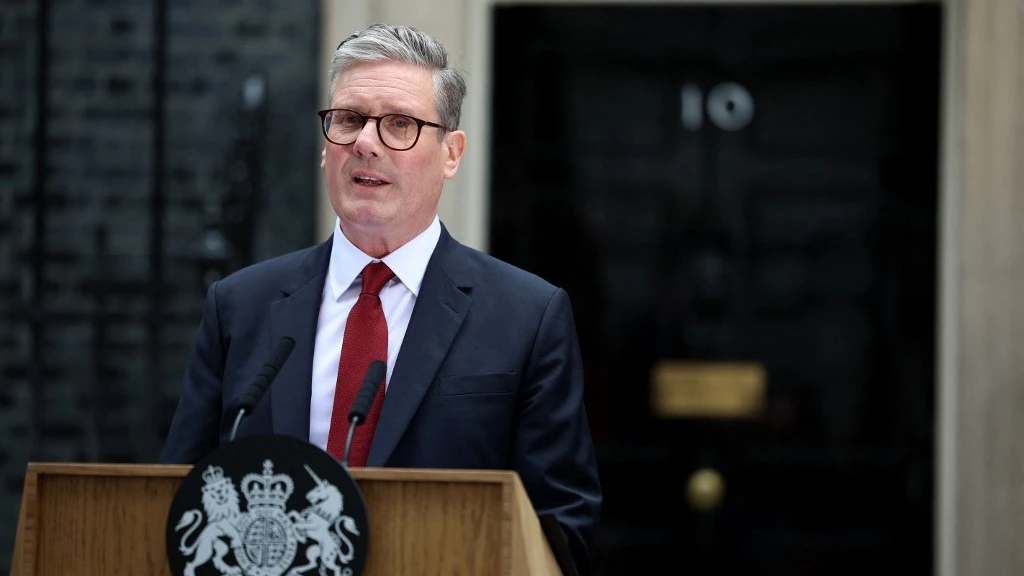In a move that has stirred significant controversy, the United Kingdom is currently debating whether to pause its arms exports to Israel amidst the ongoing conflict in Gaza, described by many as genocidal. The debate has highlighted the ethical dilemmas and geopolitical pressures facing the British government, bringing a multifaceted and deeply complex issue to the forefront of political discourse.
The situation has garnered widespread attention, with reports emerging suggesting that the UK might be suspending arms sales to Israel. Some sources indicate that new license requests are being indefinitely delayed, fueling speculation about an imminent policy change. Despite these reports, the UK Department for Business and Trade has officially denied any such alterations, emphasizing that export licenses continue to be reviewed on a case-by-case basis. This conflicting information has only intensified scrutiny and debate, as both advocates and critics await definitive action or clarity from the government.
The situation in Gaza has been described as dire by numerous international observers. Thousands of Palestinians have been killed, and tens of thousands more have been injured since the conflict escalated. This humanitarian crisis has prompted international bodies, including the International Court of Justice, to investigate allegations of genocide committed by Israeli forces. These allegations have cast a shadow over the UK’s potential involvement, as arms exports to Israel could be construed as complicity in these alleged war crimes.
In response to mounting pressure, UK Foreign Secretary David Lammy has commissioned new legal advice on the matter. This move indicates a potential shift in policy; however, it has not quelled criticism. Activists and pro-Palestine groups have lambasted the UK government for what they perceive as a delay tactic, one that allows arms exports to continue unabated while the review is ostensibly underway. These groups argue that the time for deliberation has passed, and immediate action is needed to align the UK’s policies with its stated commitment to human rights.
The British government is indeed facing a significant moral and legal dilemma. On one hand, there are strong calls from human rights organizations and segments of the public to cease all arms exports to Israel. These advocates argue that such a move is necessary to avoid complicity in potential war crimes, uphold international law, and stand firmly on the side of justice. On the other hand, the UK must consider its geopolitical alliances and economic interests. Israel is a critical ally in the Middle East, and a full embargo could have far-reaching diplomatic and economic repercussions.
As the UK continues to deliberate, the world watches closely. The international community is keen to see whether Britain will take a firm stand on human rights or continue to waver under the considerable pressures it faces. This issue is not only about the immediate conflict in Gaza but also about the broader principles of international relations, ethical foreign policy, and the role of nations in upholding global human rights standards. The outcome of this debate could have profound implications for the UK’s international standing and its future foreign policy direction.
In the end, the decision the UK makes will resonate far beyond its borders, influencing global perceptions of the British government’s commitment to ethical governance and the protection of human rights. The ramifications of this decision will likely be felt for years to come, shaping the international community’s approach to similar conflicts and ethical dilemmas.

